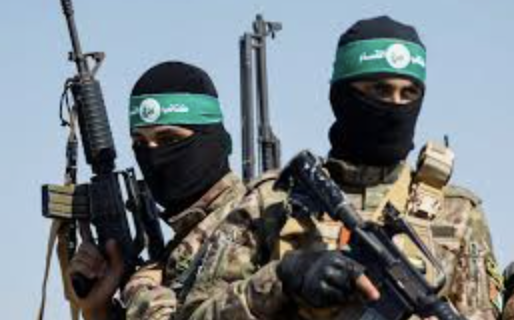With the ongoing Isreal Lebanon conflicts, it is necessary to look into the difference between Hamas and Hezbollah
Hamas and Hezbollah, two major militant groups in the Middle East, share a common enemy in Israel but differ significantly in their goals, origins, and regional influence. Hamas, a Sunni Palestinian organization founded in 1987, is focused on liberating Palestine, particularly Gaza, from Israeli control. It governs Gaza and has often launched attacks, including rocket fire, against Israel. Hezbollah, on the other hand, was established in 1982 as a Shia militant group in Lebanon, closely aligned with Iran. Its influence extends beyond Lebanon, often acting as a proxy for Iran’s regional goals.
Israeli officials report that their warplanes destroyed an underground bunker in a residential area, targeting a meeting allegedly attended by Hezbollah leader Hassan Nasrallah. The strike resulted in the flattening of several apartment buildings.

Military Power and Capabilities
Both groups are well-armed, but Hezbollah is far more advanced militarily. According to Newsweek, Hezbollah has a larger arsenal and access to sophisticated weapons like precision-guided missiles, thanks to Iranian support. Hamas, while also receiving Iranian backing, relies more on homemade rockets and smaller, less advanced weaponry. Hezbollah’s military capabilities pose a significant threat to Israel, leading many to believe it could tip the scales if it joins the ongoing Hamas-Israel conflict in a more direct way.
Political Implications and Cooperation
Despite their sectarian differences—Hamas being Sunni and Hezbollah being Shia—the two groups have cooperated against Israel in the past, as seen in joint efforts during conflicts like the 2006 Lebanon War. The UCL article highlights that their mutual ties with Iran have made coordination against Israel feasible. However, Hezbollah has so far been cautious in its involvement in the latest Hamas-Israel war, largely due to its strategic positioning in Lebanon and the need to balance its actions with Iran’s broader geopolitical ambitions.

Risk of a Regional War
The escalation of violence between Hamas and Israel raises concerns about Hezbollah’s potential involvement, which could ignite a broader regional conflict. According to The Guardian, Hezbollah’s involvement would not only intensify the conflict but could also provoke retaliatory strikes from Israel, potentially dragging Lebanon and other regional powers into the fray. While Hezbollah has launched limited attacks since the conflict began, it remains to be seen whether it will fully engage, which would dramatically alter the scope of the war.
While Hamas and Hezbollah have distinct differences in their origins, military power, and objectives, their shared opposition to Israel has seen cooperation in the past. Hezbollah’s decision to escalate or stay on the sidelines will be pivotal in determining whether the conflict remains localized or evolves into a wider regional crisis. Both groups’ ties to Iran ensure that any future moves will likely be influenced by broader geopolitical considerations, making the situation all the more precarious.